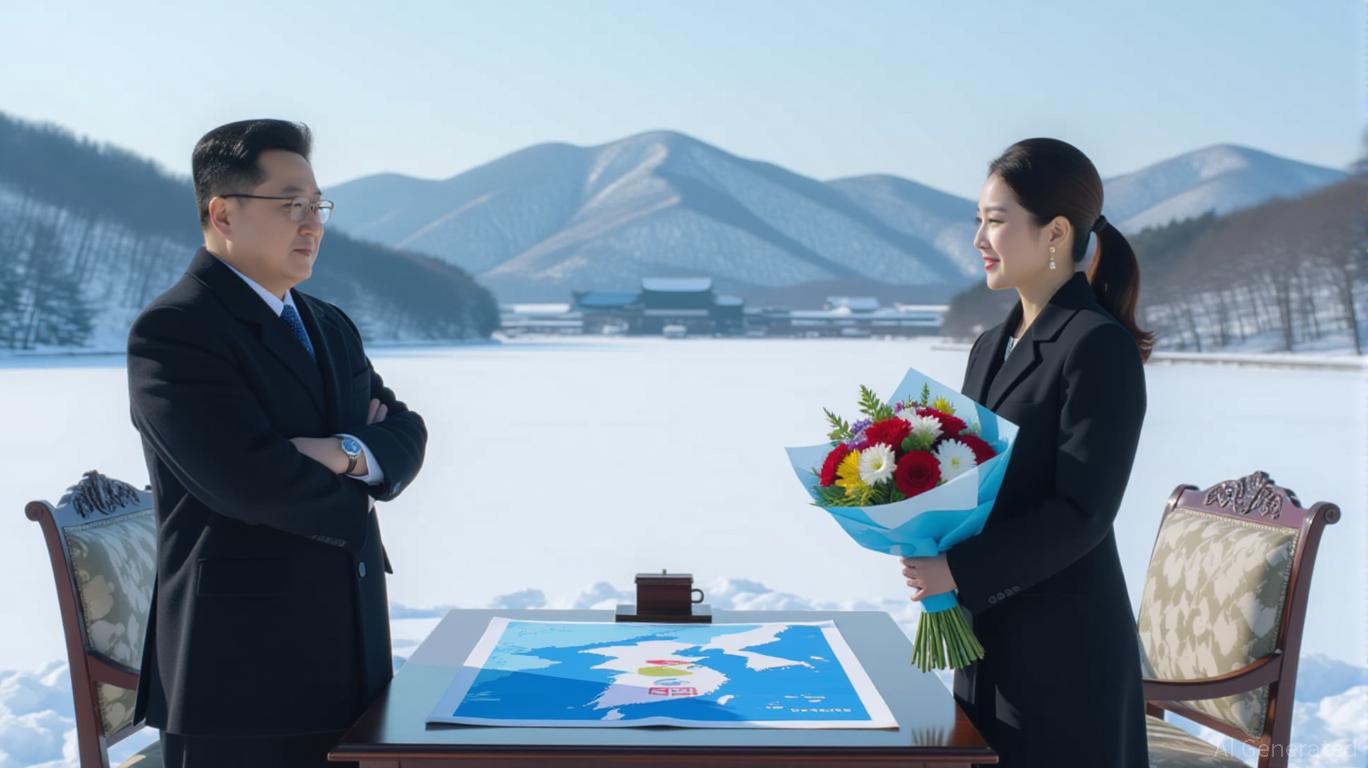North Korea has declined recent diplomatic overtures from South Korea’s newly elected administration, signaling a firm and uncompromising stance following the election of President Lee Jae Myung in July 2025. The rejection underscores a shift in inter-Korean relations, with Pyongyang showing little interest in engaging in dialogue with the progressive new government.
Rejection of Diplomatic Outreach
In the wake of the South Korean presidential election, the Lee Jae Myung administration extended several overtures aimed at fostering dialogue and easing tensions on the Korean Peninsula. These included proposals for humanitarian cooperation and potential confidence-building measures. However, North Korea has not responded positively to these initiatives. Instead, it has issued statements reaffirming its commitment to strengthening its military capabilities and pursuing its own strategic interests, with no indication of willingness to resume high-level talks.
The lack of response from North Korea has been interpreted as a deliberate signal of its current leadership’s intent to maintain a hardline posture, regardless of the political changes in the South. This stance appears to be a continuation of the broader strategic approach taken by the Kim regime in recent years, which has prioritized self-reliance and nuclear deterrence over diplomatic engagement.
Signs of a Hardline Policy
The rejection of South Korean outreach is consistent with North Korea’s recent actions, including a series of missile tests and military drills. These activities suggest a focus on demonstrating strength and readiness, rather than pursuing diplomatic solutions. Analysts note that the timing of these developments coincides with the transition in South Korean leadership, raising questions about whether the North sees this as an opportunity to assert greater leverage.
The new South Korean administration has emphasized a policy of peace and cooperation, but its efforts to engage with the North have so far been met with silence or indifference. This has led to growing concerns within the South Korean government about the potential for further military escalation and the need to recalibrate its strategy in response to the North’s intransigence.
Implications for Inter-Korean Relations
With North Korea showing no signs of softening its stance, the path forward for inter-Korean relations appears uncertain. The Lee Jae Myung administration now faces the challenge of balancing its commitment to dialogue with the reality of North Korea’s strategic priorities. Without a shift in Pyongyang’s approach, the prospects for meaningful engagement remain limited, and the risk of renewed tensions on the peninsula remains high.
The current dynamics suggest that any future breakthroughs in inter-Korean relations will depend on North Korea’s willingness to reciprocate overtures, rather than simply rejecting them outright. Until then, the South Korean government is expected to continue its diplomatic efforts while also preparing for the possibility of a prolonged standoff.

